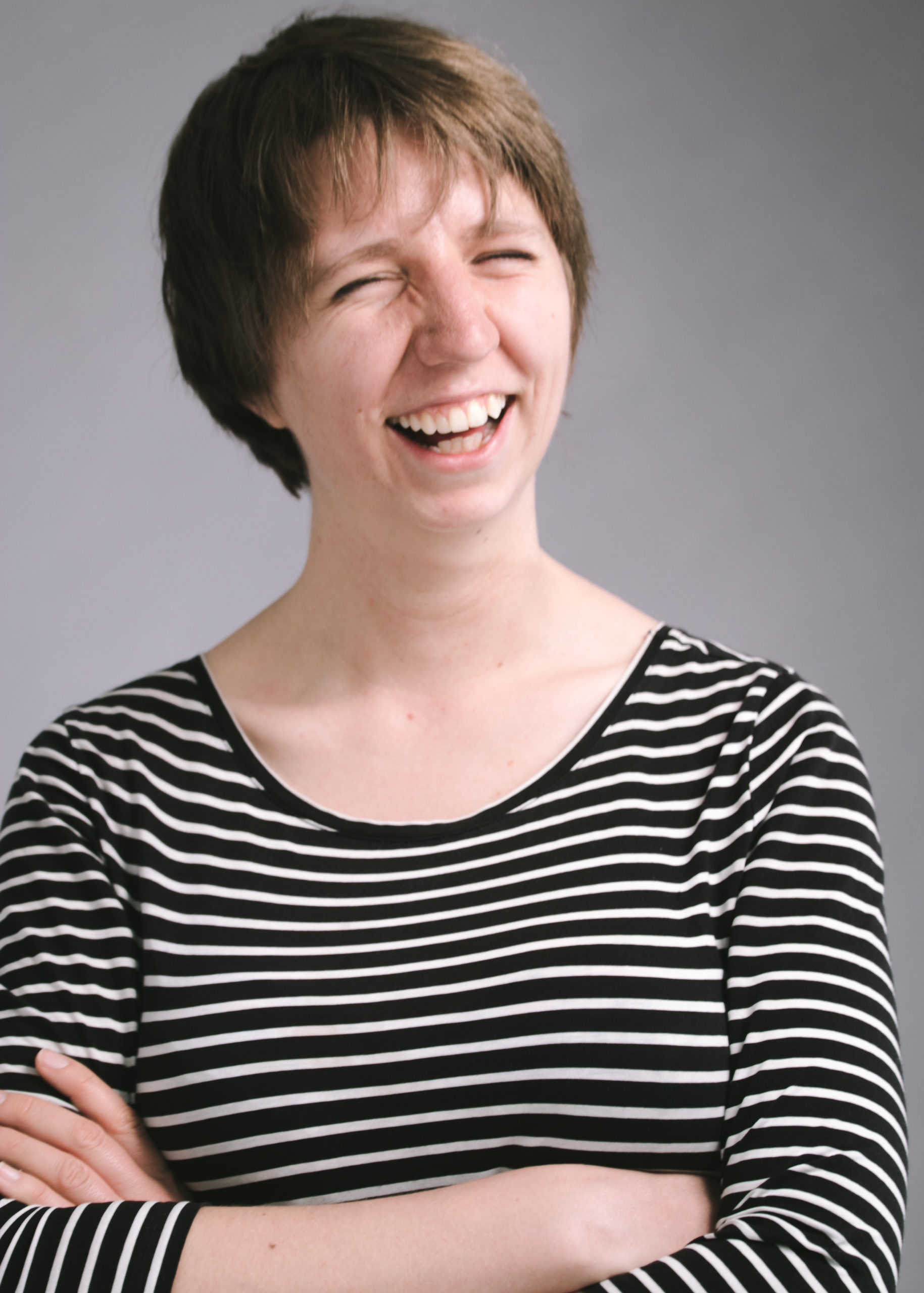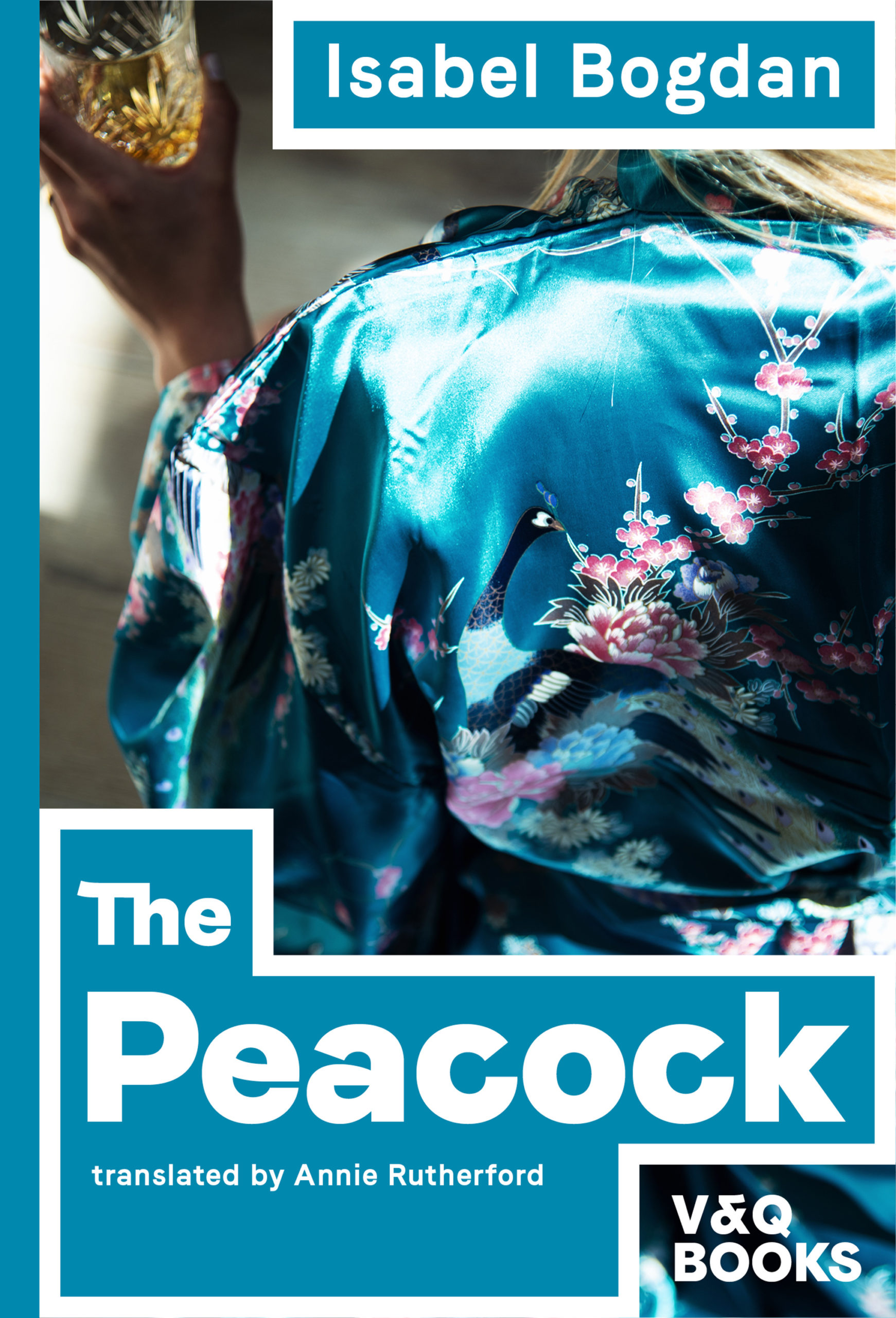
At V&Q Books, we’re proud of our translators and believe they should be seen and heard. So we’re sharing the notes they write for us, also published at the back of each book – as a resource for other translators, from aspiring to established, and to help non-translators understand the nature of their work. First up: Annie Rutherford on The Peacock.



Explaining the set-up of The Peacock to friends has prompted a surprising number of bewildered responses: ‘So, you’re translating it into… which language?’ The idea of a German book set in Scotland and translated ‘back’ into English was clearly a novel one.
And it did spark some interesting translation questions. The question of exoticisation versus localisation is a favourite – if rather tired – topic of translation seminars: do you try and preserve the ‘foreignness’ of a text or do you transpose the cultural references to something the reader will know? (Do your characters eat Germany’s omnipresent paprika crisps, or do they buy a packet of salt and vinegar?) With The Peacock, I found myself working the other way round. On the whole, the Scotland Isabel evokes is an extremely familiar one. The various higgledy-piggledy buildings turned into tourist accommodation – complete with slanting floors and wonky sinks – had me laughing in recognition. But there was the occasional moment when it felt like Britishness was being taken to extremes – a few too many cups of tea, for instance. And at other moments Germanness slipped in after all: when hot drinks which most certainly weren’t tea were referred to as such, or when Rachel told Helen, the cook, that the group would take a packed lunch and instead eat a bigger meal in the evening – as if lunch were the main meal of the day, as it is Germany. On the whole, I found myself softening these moments. I wanted British readers to sink into the book as comfortably as I had, without anything to jolt them out of that experience.
Then there was the question of dialects. Most of the novel is in indirect speech, with characters from London, ‘the foot of the Highlands’ and Poland, and with a whole range of ages and class backgrounds. Getting the different voices right was key to translating the novel – although the indirect speech meant I was able to soften Aileen’s broader Scots into Scots English (English syntax and grammar, but with Scots dialect words) for the sake of continuity.
We think about dialects as being about the catchphrases, all Haud Yer Wheeshts and Wae’ayes. But as any child in an unfamiliar playground can tell you, it’s as much about whether you say living or sitting room, and whether you’re going home for your tea or for your dinner. (Tea, obviously.) I’ve spent most of my life in Scotland, but with an English mum, a Northern Irish dad and a couple of formative years in Wales, I’m not always sure where different bits of my mongrel vocabulary come from. I shamelessly abused Facebook to find out what words different friends use, with my feed full of contextless questions, from ‘Leash or lead?’ to:
Me: What do you call pajama-type clothes which you specifically have for wearing round the house?
Anne: Either still pajamas, or ‘lounge-wear’ or my ‘comfy clothes’ or my ‘around the house clothes’
Tessa: Something I’ve noticed about this time is how I have no ‘house clothes’ – not even a slipper! So I have no name for them either. My granny always wore her ‘house coat’ though .
Annabel: Oh, the horror of the housecoat! Will we ever get old enough to wear one?! I hope not.
Some responses were fairly clear-cut; living room is on the whole more Scottish, sitting room more typical for the south of England. Other questions prompted answers which weren’t directly useful but sparked off associations which took me in the right direction. This was during the height of lockdown, and perhaps by virtue of their being Covid-free posts, my notifications were full of engaged responses, helping me to fill in a linguistic map of the UK and beyond.
On which note: the bulk of my work on The Peacock happened during the strictest phases of lockdown in Scotland. Translating is often thought of as a solitary activity, but for me it was translation which kept me sane, in a constant dialogue not only with Isabel, and with my ever-helpful friends, but also with the characters, allowing me to escape into a world where the worst that happened was – well…
For more fascinating details, read an interview with Annie.